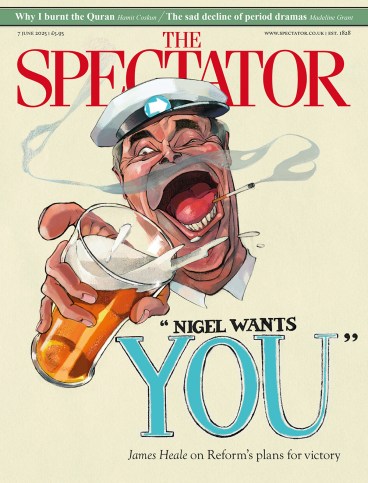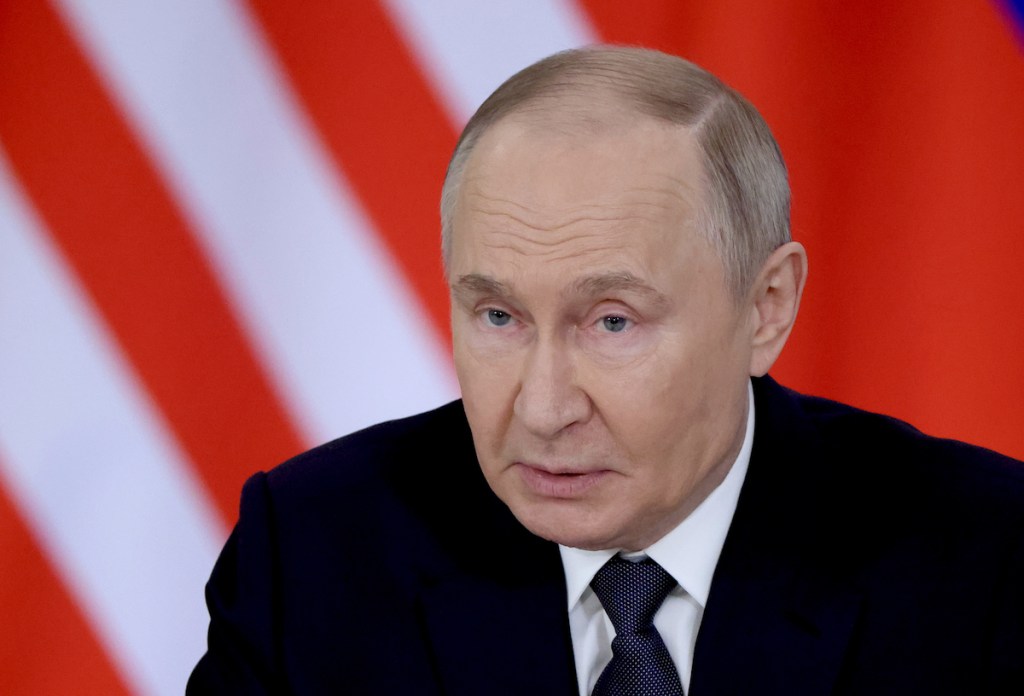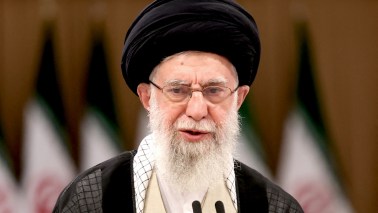
My name is Hamit Coskun and I’ve just been convicted of a religiously aggravated public order offence. My ‘crime’? Burning a copy of the Quran outside the Turkish consulate in London. Moments later, I was attacked in full view of the street by a man. I was hospitalised. Then I was arrested.
Some may say that book-burning is a poor substitute for reasoned debate. I would counter that it was a symbolic, non-violent form of expression intended to draw attention to the ongoing move from the secularism of my country of birth to a regime which embraces hardline Islam.
As I told Westminster Magistrates’ Court, what I did constituted political protest and the law, as I understood it, was on my side. CPS guidance makes clear that legitimate protest can be offensive and on occasion must be, if it is to be effective. In that spirit, Article 10 of the European Convention on Human Rights protects not just polite speech but speech that offends, shocks or disturbs. Political expression, above all, is meant to enjoy the strongest protection.
Alas, the judge ruled otherwise. And the reasoning deployed to convict me raises troubling questions, not only about the scope of public order law but about whether Britain is witnessing the quiet return of blasphemy laws.
Although the man who assaulted me is being prosecuted separately, the Crown says his action helped to prove my guilt. It argued that because I was attacked, my behaviour must not have been peaceful. Under this logic, ‘disorderly’ no longer depends on conduct, but on how offended or aggressive someone else chooses to be in response.
Neither was this the only inversion of logic the prosecution relied on. It insisted this was not a political protest. Yes, I had told police I was protesting against President Erdogan’s government, which has made Turkey a base for radical Islamists while trying to create a sharia regime. Yes, I had written on social media beforehand that I would burn a copy of the Quran outside the Turkish consulate. Yes, I said in interview that I was criticising a political ideology, not Muslims as a group. But all of this, the Crown claimed, was a ‘convenient shield’, something I had fabricated to conceal my hostility towards Muslims.
The judge in the case accepted that argument, concluding that my actions were ‘motivated at least in part by hatred of followers of the religion’.
If every protest against Islam is redefined as hatred of believers then space for lawful criticism collapses
This lies at the heart of the matter, and is key to the danger of the precedent set. If every protest against Islam is presumed to be a protest against Muslims, if criticism of doctrine is redefined as hatred of believers, then space for lawful criticism of that religion – or any religion – collapses. My case turned on that blurring of categories.
Why did the judge reject my stated motive of criticising political Islam, rather than all Muslims? Because he accepted the prosecution’s argument that I hadn’t shouted ‘Erdogan’ often enough while the first of two assailants launched an attack outside the consulate. At what point, exactly, would the Crown Prosecution Service have preferred me to launch into an explanation of the slow erosion of Kemalist secularism in the republic founded by Ataturk, in the language of my assailants, which I could not speak? While the second was chasing me? Spitting at me? Or while he was kicking me as I lay on the ground?

So let me do now what I evidently failed to do at the time. Let me set out what brought me to that pavement. Let me explain what I would have said to my attacker, if I’d had more time and a little less adrenaline.
There was a period when Turkey was secular. Imperfectly, yes, but enough to allow people like my parents to live with some dignity. My mother, whose grandmother was killed during the 1915 deportations from the eastern provinces, was Armenian. My father was Kurdish. Neither was religious and I was raised to think freely and to question authority. For a while, that was possible.
In those years, especially during the 1980s, power was still contested. The military cast a long shadow over public life, but civilian governments held office, parties competed in elections and Kemalist secularism, though often used repressively, remained the organising principle of the state. Islam was present, of course – it always is in Turkey – but it remained largely in the background. For secular families like mine, it was still possible to believe in the republic’s founding ideals.
As a young man, I joined the People’s Labour party (PLP), a legal, left-wing party committed to democratic reform. In 1993, I was arrested for being a member and tortured while in detention. More than a thousand others were swept up in the same wave of repression. My brother, who was also politically active, was murdered in 1997. When I was eventually released from prison in 2002, I continued to speak out, though it felt like only a dwindling few still had the courage to do so. I left the PLP, disillusioned by its refusal to confront political Islam. The murder of the atheist writer Turan Dursun and the assassination by car-bomb of the secular journalist Ugur Mumcu had already convinced me that the space for dissent in Turkey was shrinking fast.
By the mid-1990s, the Welfare party had risen to power on an overtly Islamist platform, and its leader, Necmettin Erbakan, briefly served as prime minister. His protégé, a young charismatic mayor of Istanbul named Recep Tayyip Erdogan, was already laying the foundations for something far more enduring. The army forced Erbakan from office in 1997, but the movement didn’t disappear. It regrouped under a new name – younger, slicker, more pragmatic. Even before the electoral triumph of Erdogan’s AKP in 2002, the old secular order was under strain from a rising religious conservatism rooted in the provinces and rural heartlands.
The country I had grown up in was disappearing. Erdogan’s rise to power brought with it a new political theology. Islamist groups were tolerated, even encouraged. The education system was transformed: science and evolution pushed aside, religious dogma promoted, children funnelled into Quran schools and religious orders. I saw reports of senior figures from Hamas visiting Turkey, welcomed, protected, housed in government buildings. Police officers no longer served the law but the faith. I was detained again and a plainclothes officer told me that if I returned to prison, I would not come out alive. There was something about the way he put a gun to my head as he spoke that made me believe him.
After that, the decision made itself. In 2022, I claimed asylum in Britain. Why here? Because I believed it was a country where an atheist refugee could speak without fear. That belief brought me to the gates of the Turkish consulate on 13 February.
Had I known that challenging the Islamist propaganda which destroyed the country I grew up in could lead to prosecution, I might have thought twice about coming. But I am here now. And I will not remain silent.
The Free Speech Union funded my defence and stands ready to provide any assistance needed to get this judgment overturned. Because this is no longer just about me. It is about whether Britain still believes that no religion is beyond criticism, especially when it shapes public life and political power. That was the principle I was imprisoned for defending in Turkey and it was the principle I was defending outside the Turkish consulate. I have no intention of abandoning that fight.







Comments